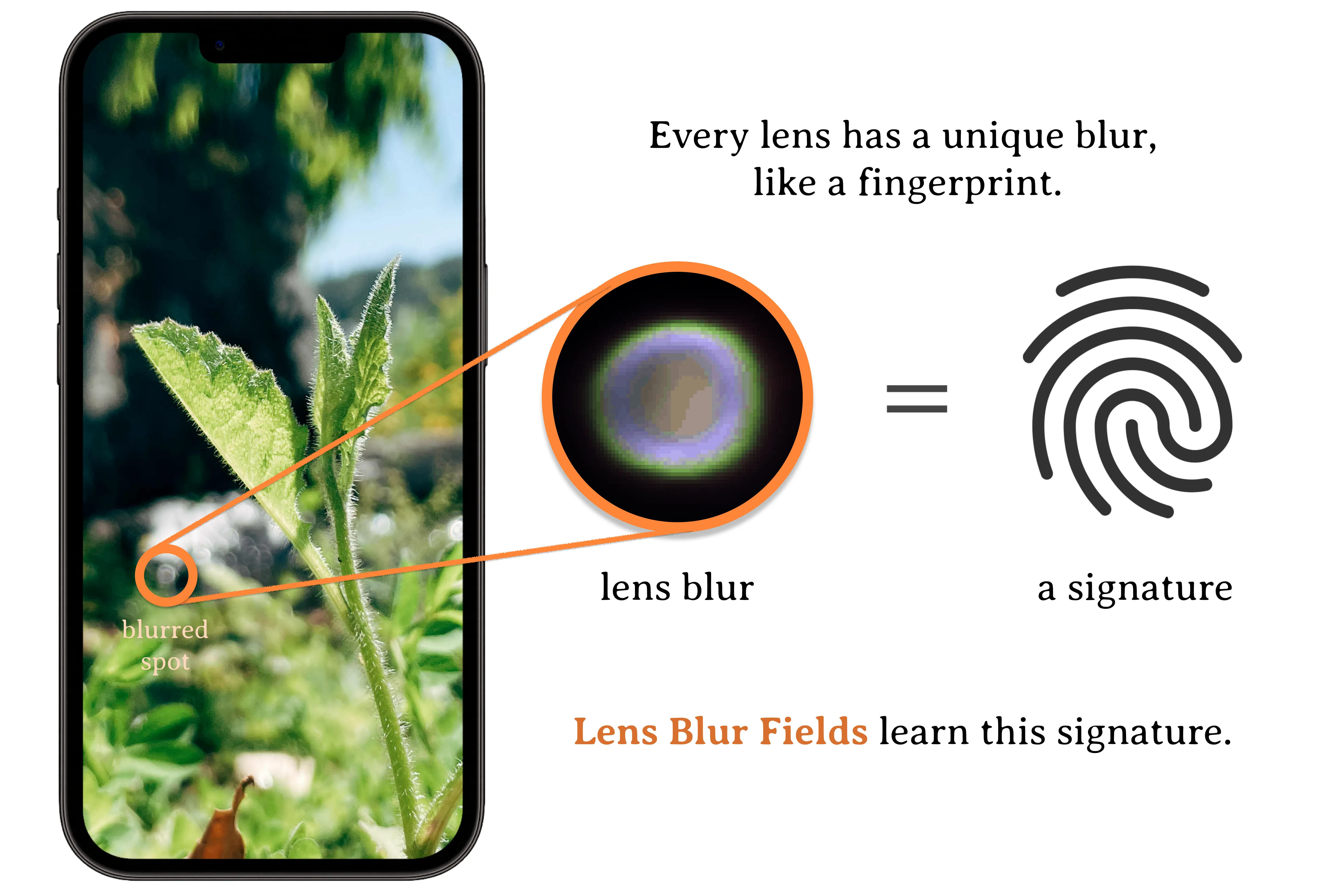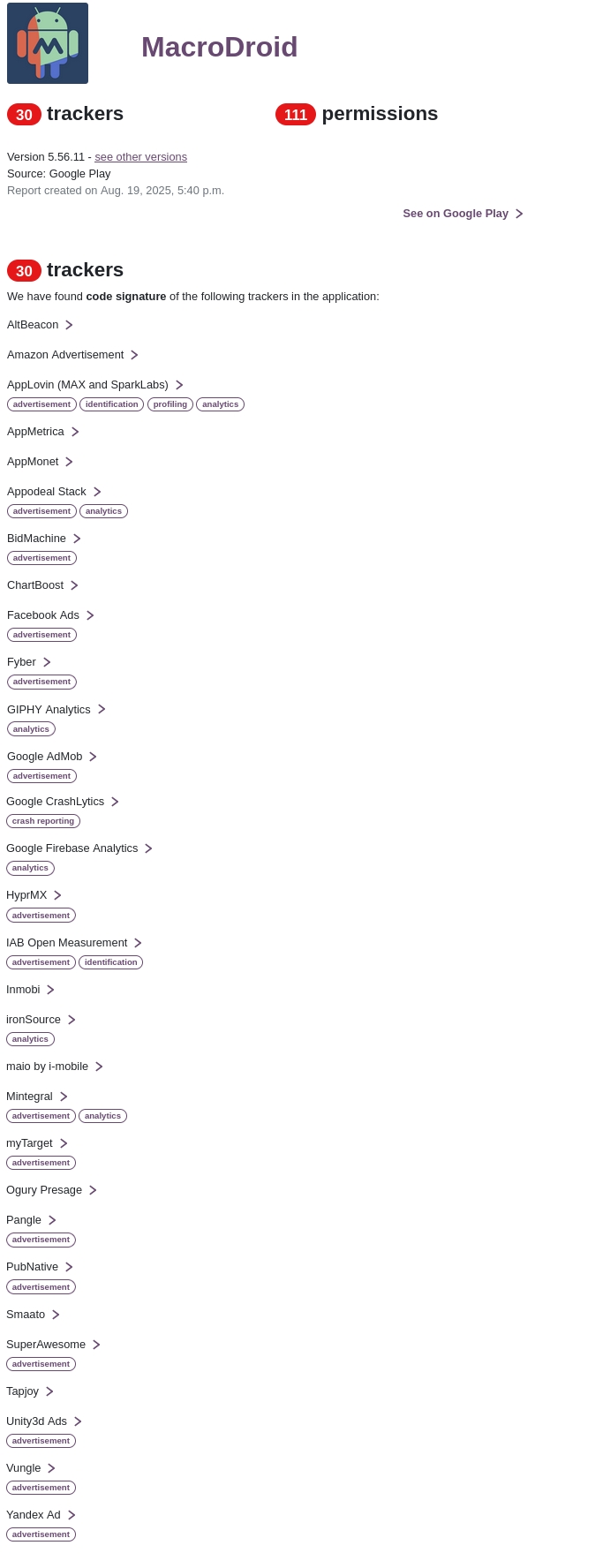How can I check to see if a given Onion Service is still in-use?
To be clear: I'm not asking about just Onion Services bound to port 80. Of course I can just curl it, but that won't tell me if the Onion Service is running something on another port.
I'm trying to find an XMPP server that uses an Onion Service. I found several lists of XMPP servers and their .onion names, but I expect most of these services are offline.
2n3tvihf4n27pqyqdtcqywl33kbjuv2kj3eeq6qvbtud57jwiaextmid.onion
32qywqnlnqzbry42nmotr47ebts3k6lhiwfob6xniosmepz2tsnsx7ad.onion
4colmnerbjz3xtsjmqogehtpbt5upjzef57huilibbq3wfgpsylub7yd.onion
6voaf7iamjpufgwoulypzwwecsm2nu7j5jpgadav2rfqixmpl4d65kid.onion
6w5iasklrbr2kw53zqrsjktgjapvjebxodoki3gjnmvb4dvcbmz7n3qd.onion
7drfpncjeom3svqkyjitif26ezb3xvmtgyhgplcvqa7wwbb4qdbsjead.onion
ae3w7fkzr3elfwsk6mhittjj7e7whme2tumdrhw3dfumy2hsiwomc3yd.onion
chillingguw3yu2rmrkqsog4554egiry6fmy264l5wblyadds3c2lnyd.onion
fzdx522fvinbaqgwxdet45wryluchpplrkkzkry33um5tufkjd3wdaqd.onion
gku6irp4e65ikfkbrdx576zz6biapv37vv2cmklo2qyrtobugwz5iaad.onion
gois4b6fahhrlsieupl56xd6ya226m33abzuv26vgfpuvv44wf6vbdad.onion
j4dhkkxfcsvzvh3p5djkmuehhgd6t6l7wmzih6b4ss744hegwkiae7ad.onion
jabjabdea2eewo3gzfurscj2sjqgddptwumlxi3wur57rzf5itje2rid.onion
jaswtrycaot3jzkr7znje4ebazzvbxtzkyyox67frgvgemwfbzzi6uqd.onion
jeirlvruhz22jqduzixi6li4xyoweytqglwjons4mbuif76fgslg5uad.onion
jukrlvyhgguiedqswc5lehrag2fjunfktouuhi4wozxhb6heyzvshuyd.onion
mrbenqxl345o4u7yaln25ayzz5ut6ab3kteulzqusinjdx6oh7obdlad.onion
nixnet54icmeh25qsmcsereuoareofzevjqjnw3kki6oxxey3jonwwyd.onion
qawb5xl3mxiixobjsw2d45dffngyyacp4yd3wjpmhdrazwvt4ytxvayd.onion
qwikoouqore6hxczat3gwbe2ixjpllh3yuhaecixyenprbn6r54mglqd.onion
qwikxxeiw4kgmml6vjw2bsxtviuwjce735dunai2djhu6q7qbacq73id.onion
razpihro3mgydaiykvxwa44l57opvktqeqfrsg3vvwtmvr2srbkcihyd.onion
rurcblzhmdk22kttfkel2zduhyu3r6to7knyc7wiorzrx5gw4c3lftad.onion
szd7r26dbcrrrn4jthercrdypxfdmzzrysusyjohn4mpv2zbwcgmeqqd.onion
xdkriz6cn2avvcr2vks5lvvtmfojz2ohjzj4fhyuka55mvljeso2ztqd.onion
xiynxwxxpw7olq76uhrbvx2ts3i7jagqnqix7arfbknmleuoiwsmt5yd.onion
xmppccwrohw3lmfap6e3quep2yzx3thewkfhw4vptb5gwgnkttlq2vyd.onion
ynnuxkbbiy5gicdydekpihmpbqd4frruax2mqhpc35xqjxp5ayvrjuqd.onion
yxkc2uu3rlwzzhxf2thtnzd7obsdd76vtv7n34zwald76g5ogbvjbbqd.onion
I don't want to eliminate them just for not running an HTTP server (eg port 80, 443, 8080, etc). Nor do I want to eliminate them for not running on a common XMPP port (5222, 5223, 5269, 5298, 8010). I'm trying to find something that checks if an Onion Service has been used in the past days/weeks without requiring me to test a connection on a given port.
My understanding is that Onion Services will (by default) generate and publish hidden service descriptors (HSDir).
Is there some way I can query the Tor directory of HSDirs to see if a given Onion Service is still active?





